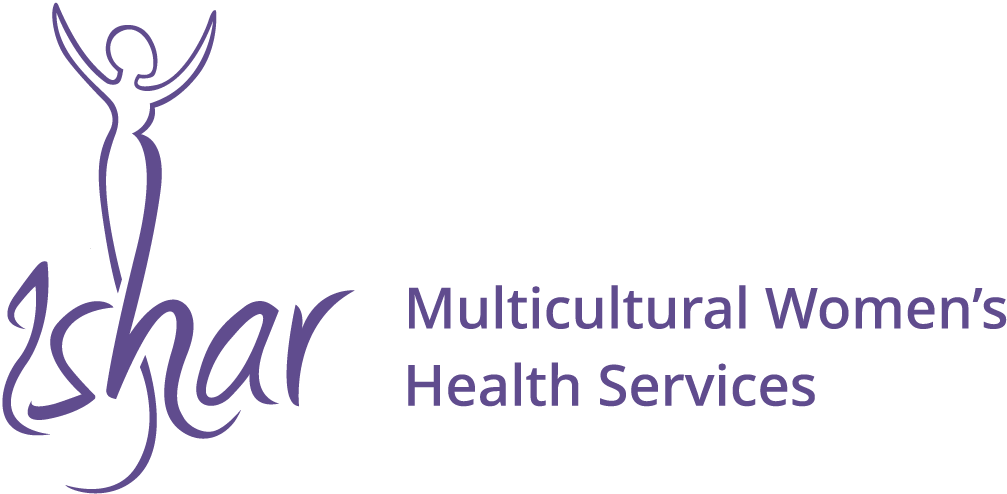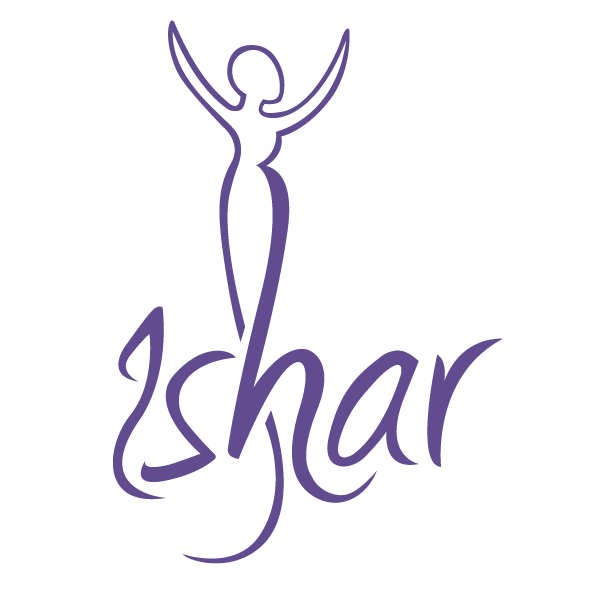Publications
Journey of a Refugee: Fam's Story of Resilience and Hope
Fam's journey from Chin State, Burma, to Australia is an inspiring tale of resilience and hope. She faced persecution and uncertainty as a refugee, but she and her family found solace in Australia. From adapting to a new culture to overcoming language barriers, Fam's determination propelled her forward. Today, she's a vital part of Ishar, supporting migrants and refugees.
Up close & personal 2: Breast & Gynaecological Cancer Awarenes
What is considered ‘women’s cancers?’ Breast cancer is one of the most common forms of cancer that women are diagnosed with, with 1 in 8 women being diagnosed with breast cancer by age 85. Women are also affected by gynaecological cancers which include but are not limited to ovarian, cervical, vaginal, vulvar, and uterine cancer.
This article explores breast and cervical cancer and how Ishar’s health promotion team supports CaLD women understand the screening processes.
R U Ok? Ask the question & listen
Every year on the second Thursday of September, we are reminded to check in on our friends and family. This reminder is known as ‘R U OK?’ day. On R U OK day, we are encouraged to focus on learning to have meaningful conversations that allow people to open up about their feelings. This article explores the importance of asking tough questions, how to create a safe space and the importance of listening.
Period Poverty
Period poverty affects individuals in a variety of ways. Whilst we in Australia would like to think we are ‘above’ Period Poverty, we simply are not. The inability to menstruate hygienically can promote a wide range of negative emotions for women including shame, guilt and even hopelessness. This article explores how period poverty affects Culturally and Linguistically Diverse (CaLD) women living in Australia.
Let's Talk Culture! Living in a Pandemic Webinar
Let’s Talk Culture seminar series aim to assist professionals to work in a culturally responsive way with clients from culturally and linguistically diverse (CaLD) backgrounds, especially in mental health. This is a recording of a live webinar recorded on 22 July 2020.






